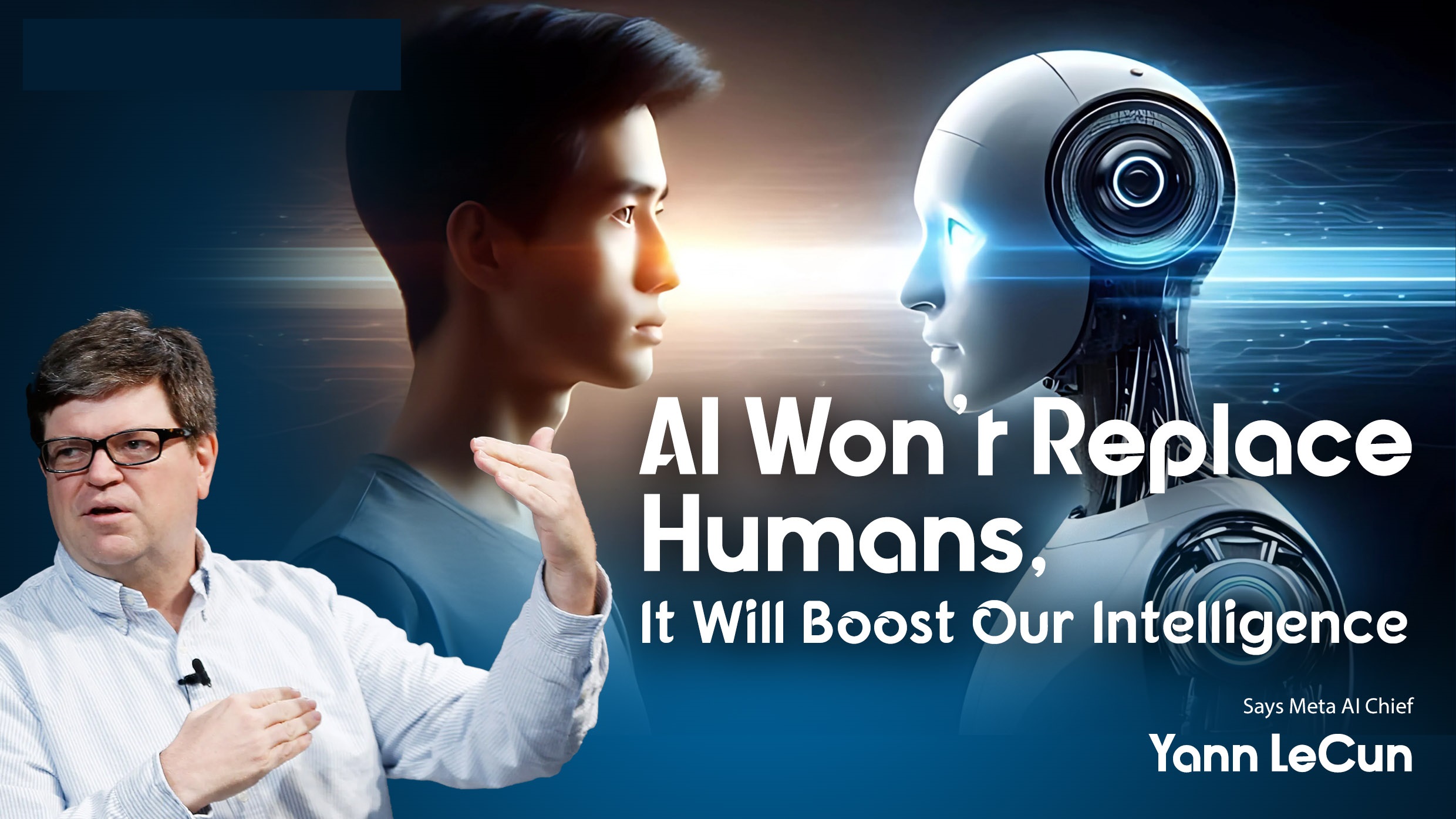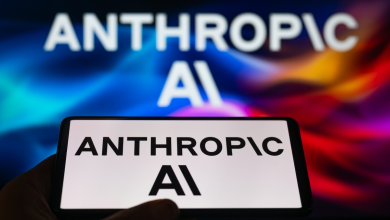Meta’s Chief AI Scientist Yann LeCun on why AI’s need to have emotions is not a requirement, but necessity

Yann LeCun, Meta’s Chief AI Scientist, has made a bold, or provocative, prediction: future AI systems will possess emotions. In a recent interview, LeCun explained that emotions are an “inseparable component” of the design of advanced AI systems.
“So the blueprint of AI systems that we’re envisioning, that we’re going to build over the next few years—those AI systems will have emotions. It’s an inseparable component of the design of those systems,” he said while responding to a question at an interview.
AI systems will have emotions because…
He argues that emotions are a natural consequence of AI agents being driven by objectives and goals.
“Why would they have emotions? Because objectives will drive them,” LeCun explained. “You give them a goal that they have to accomplish, a task, and their purpose is to accomplish this task, subject to guardrails that are hardwired into their design,” he added.
“And for them to do this, they need several components. The first component they need is to determine whether this goal we give them was accomplished. And what they also need is what we call a world model. What is a world model is something we all have—a prefrontal cortex that allows us to imagine the consequences of our actions. It also allows us to plan actions to accomplish a particular goal. Now, if you can predict ahead of time what a sequence of actions will produce, then you can predict whether a goal will be satisfied. And you can predict if the outcome will be good or bad,” LeCun added.
LeCun believes this ability to predict and react to potential outcomes will give rise to emotions in AI.
“If you predict it will be bad, you feel fear. If you predict it will be good, it’s more like elation, right? So, you’ll need) the ability to predict and then act to accomplish those predictions produces the equivalent of emotions. So AI systems that are smart enough, capable of reasoning and planning, will have emotions,” he explained.




